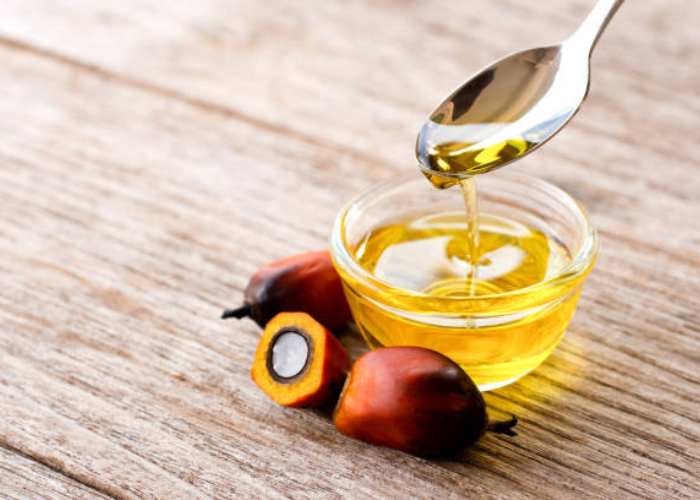Certify, Don’t Replace: The Path to Sustainable Palm OilBY MARIO BENTIVENGA
- 3 June 2024
- Posted by: Competere
- Category: Senza categoria

The AFOLU sector (Agriculture, Forestry, Other Land Uses) is responsible for 22% of global emissions. This figure rises to 42% when considering anthropogenic activities – including, for example, transportation – necessary to bring food to the table.
These are the data that prompted the Institute for Climate Resilience (ICR), one of the three institutes that make up the Euro-Mediterranean Center on Climate Change (CMCC), to analyze the impact that the production of vegetable oils has on the sector. The results of this research were presented by Dr. Maria Vincenza Chiriacò – a researcher at CMCC – in the webinar “Vegetable Oils and Their Contribution to Climate Change”.
In 2023, global vegetable oil production reached 200 million tons. 60% of this production consists of palm oil and soybean oil, while the rest comes from sunflower and rapeseed. Palm oil is the most produced vegetable oil in the world, thanks in part to its productive efficiency (only 10% of the land used to produce vegetable oils is occupied by palm plantations), and its production emits much less CO2 compared to its “competitors.” Despite these virtues, however, it has been fiercely accused of being one of the main causes of deforestation that occurred in Indonesia and Malaysia between 2009 and 2015.
How has the agri-food sector responded? On the one hand, some companies have opted to replace palm oil with other vegetable oils, while others have sought to make the supply chain more sustainable through a system of certifications, including the prestigious RSPO certifications.
The study conducted by CMCC highlighted how, between the two responses, the replacement of palm oil is the less sustainable model, for a number of reasons:
- The use of more agricultural land compared to certification, with estimates indicating an increase of 51-70 Mega hectares at risk of deforestation to produce vegetable oils replacing palm oil.
- A greater risk to food security, given that a high number of Asian citizens use palm oil in their cooking.
- A sharp increase in anthropogenic emissions, detected by CMCC through a life-cycle assessment, demonstrates that in the long term, the replacement of palm oil is less sustainable compared to its certification.
In conclusion, certification is the only path to true sustainability in the supply chain. Certified palm oil, that is, deforestation-free palm oil, would lead to a 92% reduction in supply chain emissions, making it a much more efficient response rather than the total replacement of it with other vegetable oils.
.
Read Anti-deforestation policy:Palm oil as a sustainable model>>>
